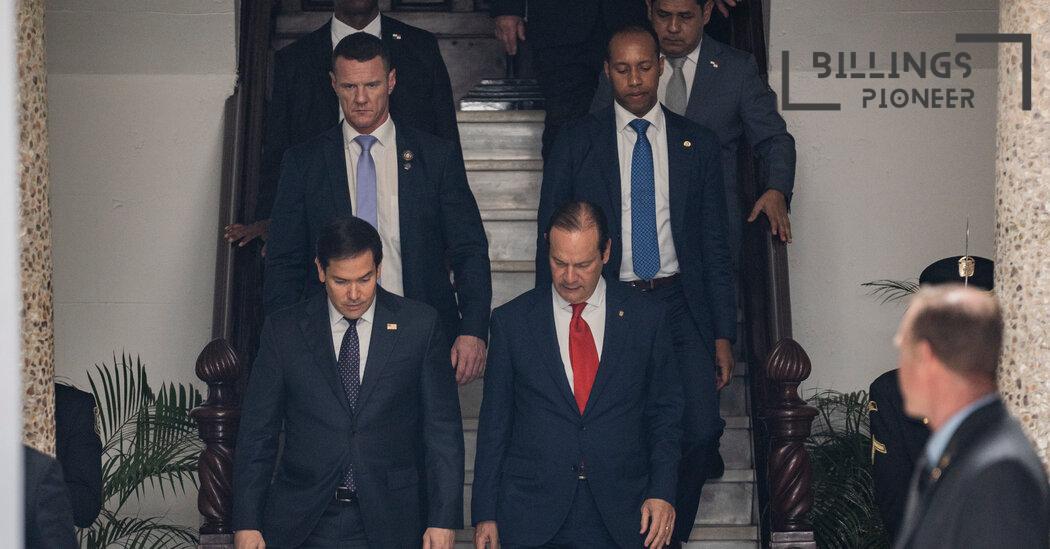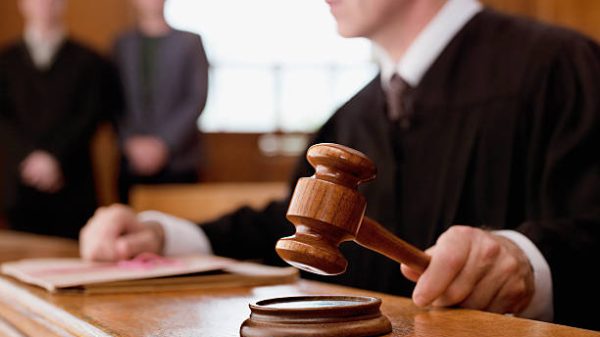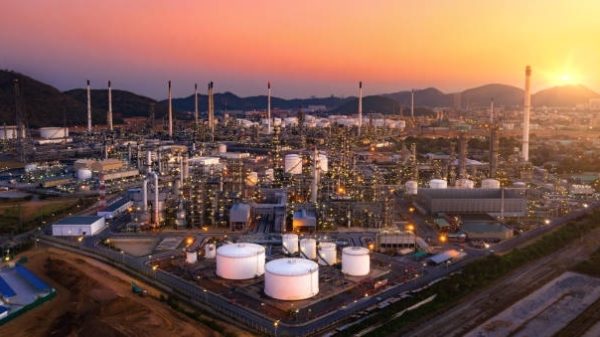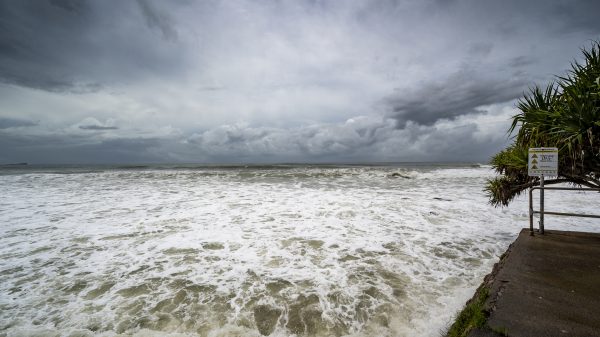In a significant diplomatic development, U.S. Secretary of State Marco Rubio has highlighted urgent warnings over China’s increasing presence in Panama, particularly regarding the strategic Panama Canal. Leaders in both nations have been meeting to discuss the implications of this influence, which some U.S. officials believe could threaten national security interests.
Concerns About China’s Role
During a recent meeting, Rubio expressed that the United States must be vigilant about recent activities linked with China at the canal. The secretary mentioned concerns about a Hong Kong-based company, CK Hutchison Holdings, which operates key ports around the canal. This has raised alarm bells regarding the U.S.’s longstanding treaty rights and overall interests in the region. Rubio emphasized, “We must ensure that our treaty rights are not undermined.”
Panama’s Stance on Sovereignty
Despite U.S. concerns, Panamanian President Laurentino Cortizo Cohen reassured that Panama remains fully in control of the canal. Cortizo stated that the canal operates under Panamanian management, reinforcing the nation’s sovereignty. He downplayed fears of U.S. interventions, saying, “We will not be agents of instability.” This assertion aims to quell worries amidst the rising tensions over China’s role.
The Historical Context
The Panama Canal was under U.S. control for nearly a century but was handed over to Panama in 1999 following a series of agreements. These changes were significant, shaping the relationship between the two countries. With rising global influence from China, the canal has found itself at the center of renewed discussions about security and international cooperation.
Economic Interests and Investments
Tensions surrounding China’s interests have not only political implications but economic ones too. Recently, Panama sought greater U.S. investment in various infrastructure projects, hoping to strengthen ties and alleviate dependency on China. This move aligns with Cortizo’s broader goal of fostering partnerships that benefit both countries.
The Backdrop of Human Migration Issues
The discussions between U.S. and Panamanian leaders also intersect with ongoing migration crises. Rubio’s tour across Central America, including a recent visit to El Salvador, emphasizes the urgency of addressing the flow of migrants. As part of his agenda, Rubio has been pressing regional leaders for cooperation on immigration control. His remarks reflect a dual focus on migration while addressing concerns about external influence on regional pipelines.
Implications for U.S.-Panama Relations
The dialogues surrounding the Panama Canal are set against a backdrop of shifting geopolitical dynamics. As leaders navigate through the complexities of international agreements and national sovereignty, there remains the potential for both conflict and collaboration. With ongoing investments at stake and a delicate balance of power, the actions taken in the coming weeks could redefine U.S.-Panama relations for years to come.
| Key Players | Role |
|---|---|
| Marco Rubio | U.S. Secretary of State |
| Laurentino Cortizo Cohen | President of Panama |
| CK Hutchison Holdings | Company operating ports near canal |
The future of these discussions will be watched closely, as they have profound implications not just for Panama, but for the entire region and its relationship with global superpowers.











